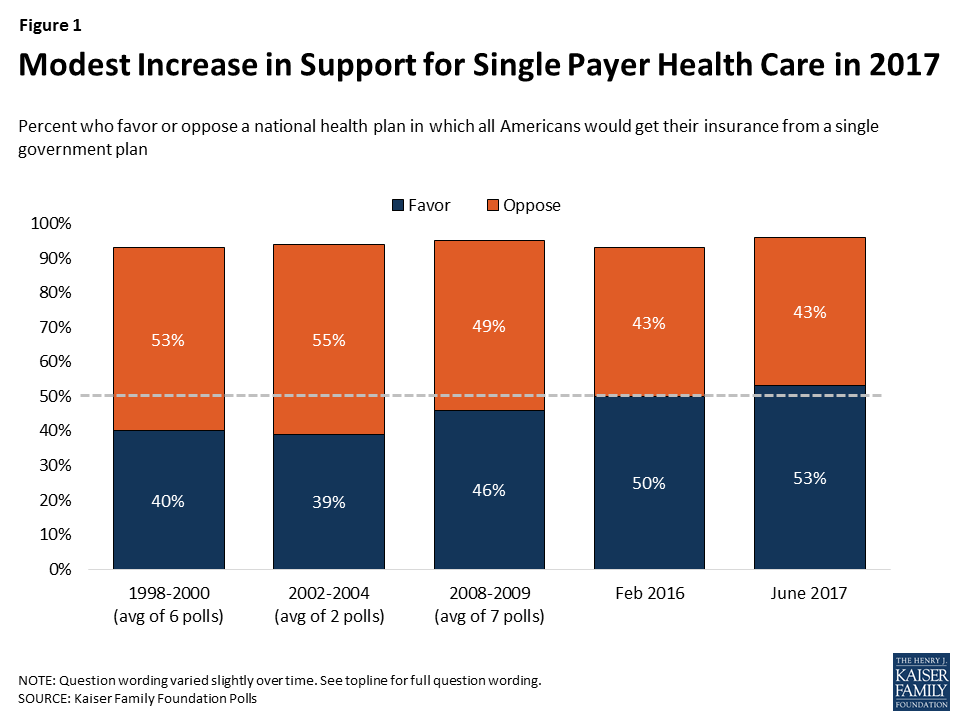This is based upon danger pooling. The social medical insurance design is likewise referred to as the Bismarck Design, after Chancellor Otto von Bismarck, who introduced the very first universal healthcare system in Germany in the 19th century. The funds normally contract with a mix of public and private suppliers for the provision of a specified benefit plan.
Within social medical insurance, a variety of functions might be executed by parastatal or non-governmental illness funds, or in a couple of cases, by private health insurance coverage companies. Social medical insurance is utilized in a number of Western European countries and progressively in Eastern Europe in addition to in Israel and Japan.
Personal insurance coverage includes policies sold by industrial for-profit companies, non-profit business and community health insurers. Typically, personal insurance coverage is voluntary in contrast to social insurance coverage programs, which tend to be obligatory. In some nations with universal coverage, personal insurance coverage typically leaves out particular health conditions that are expensive and the state healthcare system can supply coverage.

In the United States, dialysis treatment for end stage renal failure is normally paid for by government and not by the insurance market. Those with privatized Medicare (Medicare Benefit) are the exception and should get their dialysis paid for through their insurer. However, those with end-stage kidney failure usually can not buy Medicare Benefit plans - how to qualify for home health care.
The Planning Commission of India has likewise suggested that the nation should accept insurance to accomplish universal health protection. General tax earnings is presently utilized to fulfill the essential health requirements of all people. A particular type of personal health insurance that has often emerged, if financial danger security mechanisms have only a minimal impact, is community-based medical insurance.
Contributions are not risk-related and there is normally a high level of community involvement in the running of these plans. Universal healthcare systems vary according to the degree of federal government participation in supplying care or health insurance. In some countries, such as Canada, the UK, Spain, Italy, Australia, and the Nordic nations, the federal government has a high degree of participation in the commissioning or delivery of healthcare services and gain access to is based on house rights, not on the purchase of insurance coverage.
Sometimes, the health funds are obtained from a mix of insurance coverage premiums, salary-related obligatory contributions by employees or companies to controlled sickness funds, and by government taxes. These insurance coverage based systems tend to reimburse private or public medical service providers, typically at greatly managed rates, through mutual or openly owned medical insurers.
Everything about What Is Health Care
Universal healthcare is a broad idea that has been implemented in numerous ways. The common denominator for all such programs is some kind of government action targeted at extending access to healthcare as extensively as possible and setting minimum requirements. Most carry out universal healthcare through legislation, guideline, and taxation.
Typically, some costs are borne by the client at the time of usage, however the bulk of costs come from a mix of mandatory insurance and tax revenues. Some programs are paid for completely out of tax incomes. In others, tax earnings are utilized either to money insurance for the extremely bad or for those requiring long-term chronic care.
This is a method of organising the delivery, and allocating resources, of healthcare (and possibly social care) based on populations in a provided location with a typical need (such as asthma, end of life, immediate care). Instead of concentrate on organizations such as medical facilities, medical care, community care and so on the system concentrates on the population with a typical as a whole.
where there is health inequity). This technique https://israelbqnr068.hatenablog.com/entry/2020/11/05/143651 motivates integrated care and a more effective usage of resources. The UK National Audit Office in 2003 published a worldwide comparison of 10 various health care systems in 10 developed nations, 9 universal systems versus one non-universal system (the United States), and their relative expenses and key health results.
Sometimes, federal government involvement likewise consists of straight handling the healthcare system, but many nations use mixed public-private systems to provide universal healthcare. World Health Organization (November 22, 2010). Geneva: World Health Company. ISBN 978-92-4-156402-1. Obtained April 11, 2012. " Universal health protection (UHC)". Recovered November 30, 2016. Matheson, Don * (January 1, 2015).
International Journal of Health Policy and Management. 4 (1 ): 4951. doi:10.15171/ ijhpm. 2015.09. PMC. PMID 25584354. Abiiro, Gilbert Abotisem; De Allegri, Manuela (July 4, 2015). " Universal health coverage from several point of views: a synthesis of conceptual literature and international debates". BMC International Health and Human Rights. 15: 17. doi:10.1186/ s12914-015-0056-9. ISSN 1472-698X.
PMID 26141806. " Universal health protection (UHC)". World Health Organization. December 12, 2016. Obtained September 14, 2017. Rowland, Diane; Telyukov, Alexandre V. (Fall 1991). " Soviet Health Care From 2 Point Of Views" (PDF). Health Affairs. 10 (3 ): 7186. doi:10.1377/ hlthaff. 10.3.71. PMID 1748393. "OECD Reviews of Health Systems OECD Evaluations of Health Systems: Russian Federation 2012": 38.
Not known Factual Statements About How Does Canadian Health Care Work
" Social well-being; Social security; Advantages in kind; National health plans". The brand-new Encyclopdia Britannica (15th ed.). Chicago: Encyclopdia Britannica. ISBN 978-0-85229-443-7. Obtained September 30, 2013. Richards, Raymond (1993 ). " 2 Social Security Acts". Closing the door to destitution: the shaping of the Social Security Acts of the United States and New Zealand.
p. 14. ISBN 978-0-271-02665-7. Recovered March 11, 2013. Mein Smith, Philippa (2012 ). " Making New Zealand 19301949". A succinct history of New Zealand (second ed.). Cambridge: Cambridge University Press. pp. 16465. ISBN 978-1-107-40217-1. Obtained March 11, 2013. Serner, Uncas (1980 ). "Swedish health legislation: turning points in reorganisation given that 1945". In Heidenheimer, Arnold J.; Elvander, Nils; Hultn, Charly (eds.).

New York: St. Martin's Press. p. 103. ISBN 978-0-312-71627-1. Universal and thorough medical insurance was disputed at intervals all through the Second World War, and in 1946 such an expense was voted in Parliament. For financial and other reasons, its promulgation was postponed up until 1955, at which time coverage was reached consist of drugs and sickness settlement, as well.
( September 1, 2004). " The developmental welfare state in Scandinavia: lessons to the developing world". Geneva: United Nations Research Institute for Social Development. p. 7. Recovered March 11, 2013. Evang, Karl (1970 ). Health services in Norway. English variation by Dorothy Burton Skrdal (3rd ed.). Oslo: Norwegian Joint Committee on International Social Policy.
23. OCLC 141033. Given that 2 July 1956 the whole population of Norway has been consisted of under the obligatory health nationwide insurance program. Gannik, Dorte; Holst, Erik; Wagner, Mardsen (1976 ). "Primary healthcare". The national health system in Denmark. Bethesda: National Institutes of Health. pp. 4344. hdl:2027/ pur1.32754081249264. Alestalo, Matti; Uusitalo, Hannu (1987 ).
In Flora, Peter (ed.). Growth to limits: the Western European well-being states since The second world war, Vol. 4 Appendix (synopses, bibliographies, tables). Berlin: Walter de Gruyter. pp. 13740. ISBN 978-3-11-011133-0. Recovered March 11, 2013. Taylor, Malcolm G. (1990 ). "Saskatchewan healthcare insurance coverage". Insuring national health care: the Canadian experience. Chapel Hill: University of North Carolina Press.
96130. ISBN 978-0-8078-1934-0. Maioni, Antonia (1998 ). " The 1960s: the political fight". Parting at the crossroads: the development of medical insurance in the United States and Canada. Princeton: Princeton University Press. pp. 12122. ISBN 978-0-691-05796-5. Obtained September 30, 2013. Kaser, Michael (1976 ). "The USSR". Health care in the Soviet Union and Eastern Europe.